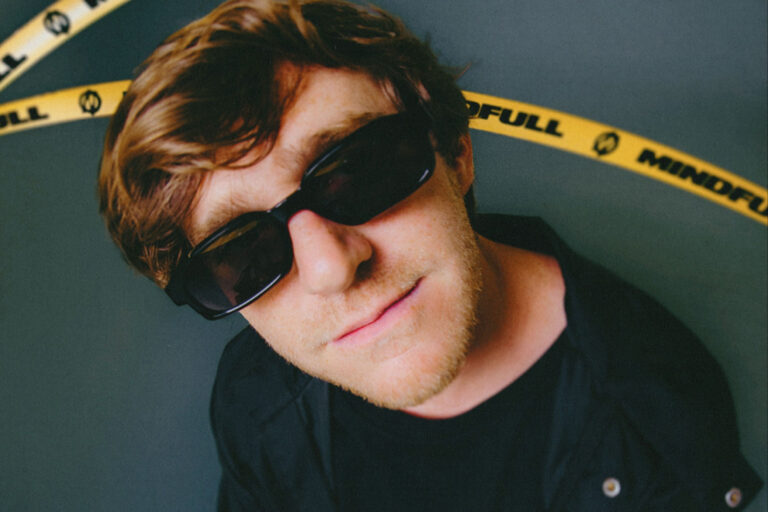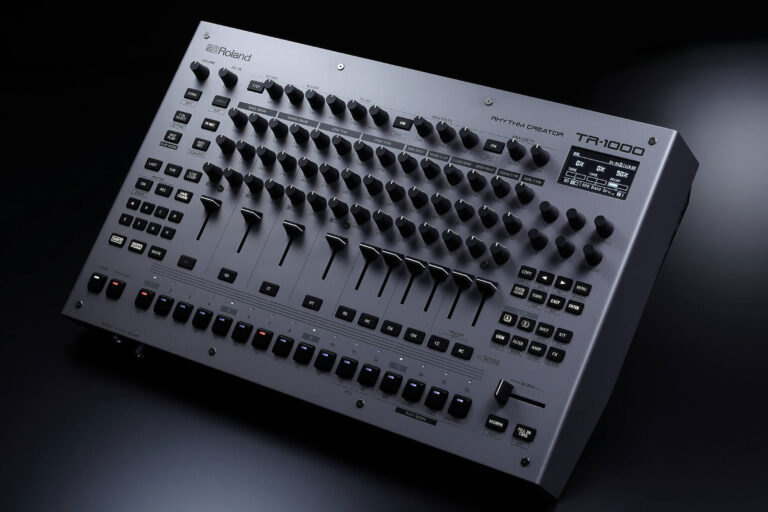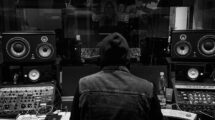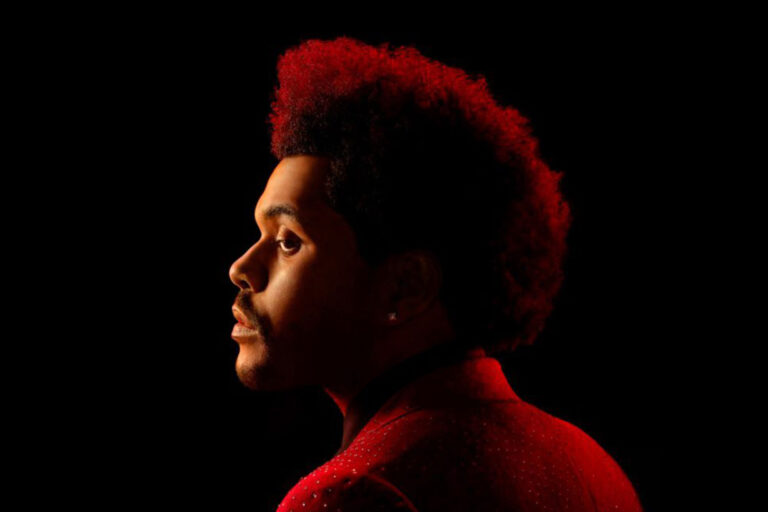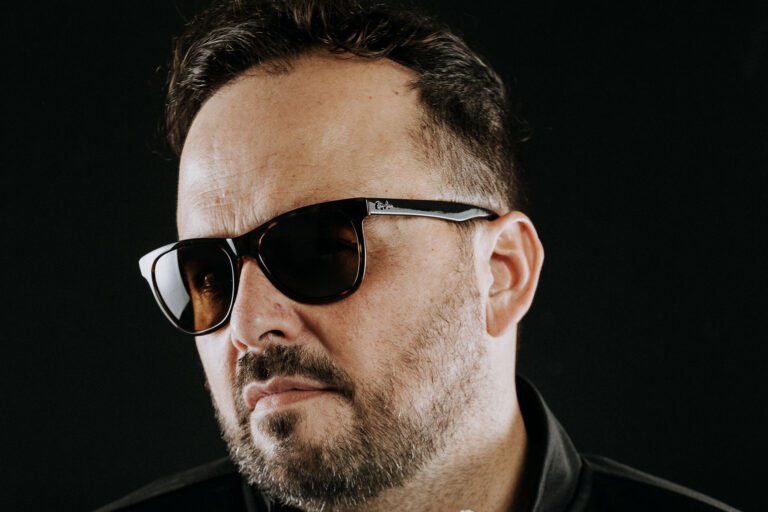
As the music industry continues to shift toward artist independence and digital-first strategies, independent musicians now have more tools than ever to manage their careers, monetize their catalogs, and maintain creative control. In 2025, a variety of forward-thinking companies are stepping up to offer catalog buying, publishing support, and royalty advance services tailored to the needs of today’s independent artist. Beatselector Magazine has fact-checked and verified the top 10 companies making the biggest impact in this space. Here’s what every serious artist needs to know:
1. Duetti
Duetti offers upfront payments for royalty rights through AI-powered catalog evaluation. Artists maintain control over their brand and retain ownership of key creative assets. The platform is widely respected for its speed, transparency, and artist-first approach. Visit Duetti at https://www.duetti.co
2. Catalog Cash
Designed for artists with consistent streaming revenue, Catalog Cash specializes in upfront royalty advances and catalog buyouts. Known for simple onboarding and artist-friendly contracts, the platform offers quick access to capital without burdensome deal terms.
3. SongVest
SongVest uses an auction-based model that allows artists to sell royalty shares to fans and investors. This enables musicians to raise funds without giving up full ownership. The model effectively combines fan engagement with financial support. Visit SonVest at https://www.songvest.com
One of the most established names in the industry, Royalty Exchange is a marketplace for buying and selling music royalty rights. Artists can auction all or part of their catalog and benefit from a platform built on transparency and investor trust. Visit Royalty Exchange at https://www.royaltyexchange.com
Sound Royalties offers advances on future royalty income without requiring artists to give up copyrights. Known for flexible terms and fast funding, this company is a go-to option for creators who need capital but want to retain full ownership. Visit Sound Royalties at https://soundroyalties.com
6. BeatBread
A data-driven platform offering customizable royalty advances for unsigned artists. BeatBread works with major distributors and uses predictive analytics to offer competitive deals. Artists keep full ownership and have control over repayment terms. Visit BeatBread at https://www.beatbread.com
7. Opulous
Opulous converts music rights into NFT-backed securities, allowing artists to raise funds through blockchain-based crowdfunding. Built on Web3 principles, it’s a modern approach tailored to tech-savvy artists who want to engage their communities in new ways. Visit Opulous at https://opulous.org
8. Stem
Stem offers a suite of financial tools that include distribution, revenue splits, and structured advances. Artists can secure funding based on streaming performance and manage their careers more effectively with transparent, data-informed insights. Visit Stem at https://stem.is
HiFi provides a real-time income dashboard for artists across all platforms. By offering financial tools, royalty tracking, and structured advance options, HiFi empowers artists to understand and manage their money with confidence. Visit HiFi (HiFi Finance) at https://hifi.finance
10. UnitedMasters (Select + Advance)
UnitedMasters includes a built-in advance program through its Select platform, enabling independent artists to receive funding tied to their performance data. Artists benefit from brand partnerships and sync opportunities while maintaining ownership and independence. Visit UnitedMasters (Select + Advance) at https://unitedmasters.com
Conclusion
Each of these companies plays a vital role in the evolving landscape of artist independence. Whether you’re seeking upfront capital, long-term catalog monetization, or tools to manage your music business, these verified platforms are helping shape the future of music—one artist at a time.
Artists should still do their due diligence, compare contracts carefully, and ensure they understand their options before signing. But one thing is clear: the power is shifting into the hands of the creators.
Beatselector Magazine. Independent Music. Industry Truth.


